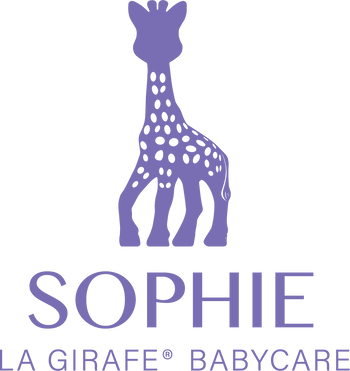
Understanding Baby Acne
Understanding Baby Acne
As a new parent, one of the many joys you may encounter is caring for your baby's delicate skin but that doesn’t mean it doesn’t come with some challenges. While baby skin is generally smooth and soft, it’s not uncommon for newborns to develop skin conditions such as baby acne and there’s no better time to address the topic than now as June is recognized as Acne Awareness Month.
Let’s take a look at what baby acne is, its causes, treatment options, and the best skincare ingredients to address this common condition.
What is Baby Acne?
Baby acne, also known as neonatal acne, is a common skin condition that affects many infants shortly after birth. It appears as small red or white bumps on a baby's face, mostly on the cheeks, chin, and forehead. Baby acne can resemble teenage acne, but it is a temporary and harmless condition that typically resolves on its own without scarring.
Causes of Baby Acne
- Maternal Hormones: During pregnancy, a mother's hormones pass through the placenta to the baby. These hormones can overstimulate the baby's oil glands, leading to acne breakouts.
- Post-Birth Hormones: Some infants may experience a surge in their own hormone production shortly after birth, leading to the development of baby acne.
- Skin Irritants: Certain substances, such as harsh detergents, fabric softeners, or saliva, can irritate a baby's skin, aggravating acne symptoms.
How to Treat Baby Acne
Although baby acne typically clears up on its own, there are a few easy measures families can take to help alleviate it and promote faster healing:
- Gentle Cleansing: Clean your baby's face with lukewarm water and a mild, fragrance-free baby cleanser (like our Calming Bio-Sourced Hair & Body Baby Wash) once a day. Avoid scrubbing or using rough towels, as this may worsen the condition.
- Avoid Irritants: Keep your baby's skin away from potential irritants like fragranced products, rough fabrics, and excessive saliva. Opt for gentle, fragrance & dye-free detergents when washing their clothes and bedding.
- Hands Off: Resist the temptation to squeeze or pick at the acne bumps, as this can cause further irritation and potential infection.
- Avoid Oily Products: Steer clear of using lotions, oils, or creams on your baby's face, as they can clog pores and worsen the acne.
- Patience: Remember that baby acne is temporary and typically resolves within a few weeks to months. It's important to give it time and allow the skin to heal naturally.
The Best Skincare Ingredients for Baby Acne
While treating baby acne, it's essential to choose skincare products with gentle and non-irritating ingredients. Here are some ingredients that may help:
- Aloe Vera: Known for its soothing and anti-inflammatory properties, Aloe Vera can help calm irritated skin and reduce redness associated with baby acne.
- Find it in: Gentle 99% Water Baby Cleansing Wipes
- Panthenol (Provitamin B5): Panthenol is a moisturizing ingredient that helps soothe and hydrate the skin. It can help support the healing process and promote a healthy skin barrier.
- Shea Butter: Shea butter is a natural emollient rich in vitamins and fatty acids that nourishes and moisturizes the skin. It helps maintain the skin's natural moisture balance and can be beneficial for soothing and softening baby acne-affected skin.
- Hyaluronic Acid: Hyaluronic acid is a hydrating ingredient that attracts and retains moisture in the skin. It can help maintain the skin's moisture levels and support its natural healing process.
- Find it in: Calming Bio-Sourced Baby Face Cream
- Vitamin E: Vitamin E is a powerful antioxidant that can help protect the skin from damage caused by free radicals. It also has moisturizing properties and aids in soothing and healing the skin.
- Jojoba Oil: Jojoba oil closely resembles the skin's natural sebum, making it an excellent moisturizer for baby acne-prone skin. It helps balance oil production, soothes inflammation, and promotes a healthy skin barrier.
Important note! Every baby's skin is unique, and it’s always best to consult with your pediatrician or dermatologist before introducing any new skincare products or ingredients into your little one’s routine.
At Sophie la Girafe Babycare, we pride ourselves in only using clean, kind-to-skin ingredients in formulas that promote happy, healthy-looking skin at all times!
Did you learn something new today about baby acne? Let us know on Instagram @sophielagirafebabycare – we love hearing from you!

